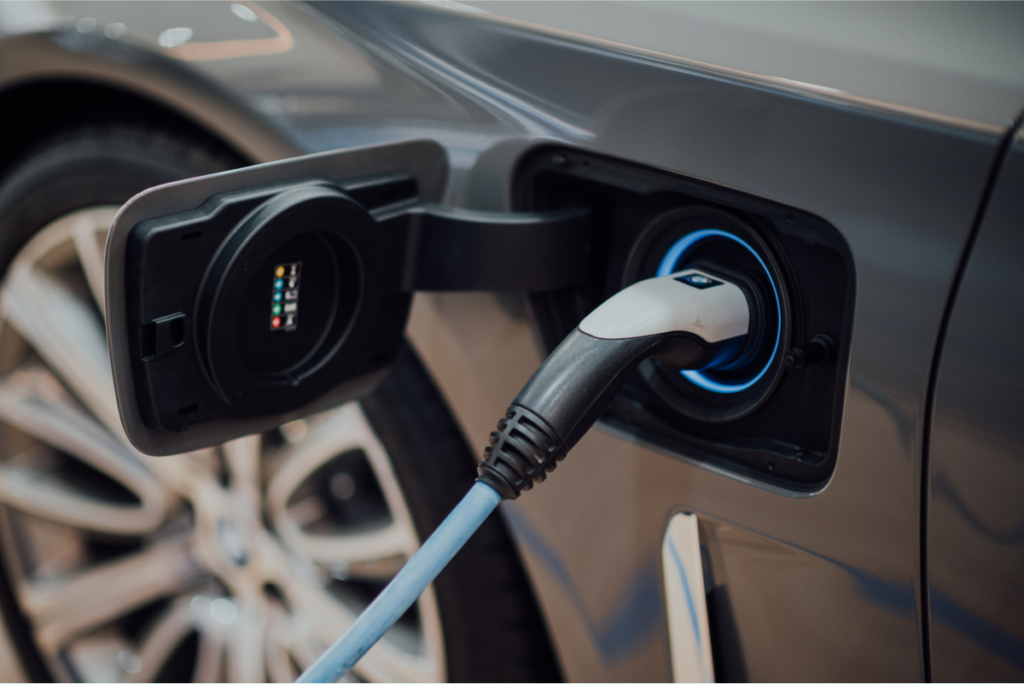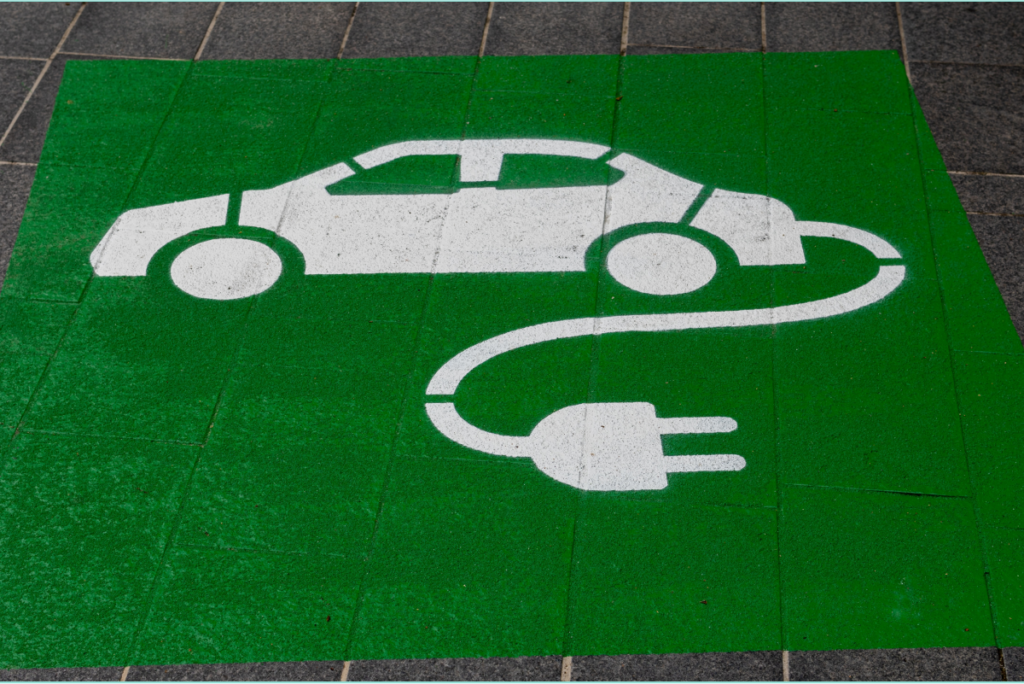According to the International Energy Agency, transport emissions grew at an annual average rate of nearly 1.7% from 1990 to 2021, faster than any other end-use sector. Because of this, recently there has been an increased focus on creating sustainable urban environments, while transportation is a critical component of this effort.
With concerns around climate change, air pollution, and the depletion of fossil fuels, cities around the world are looking for ways to reduce their carbon footprint and improve air quality. Zero-emission urban transport is emerging as a viable solution to these problems, offering a cleaner and more sustainable way to move around cities.
In this article, we will explore the top five reasons why eco-friendly vehicles are crucial to building a more sustainable and livable world. From reducing carbon emissions and improving air quality to providing health and economic benefits, we will examine the advantages of zero-emission urban transport and explain how RER solutions will help your company reach the future much faster.
What is a zero-emission vehicle (ZEV)?

Eco-friendly transport is a type of technology that produces no tailpipe emissions, such as carbon dioxide, nitrogen oxides, and particulate matter. In other words, a ZEV emits no harmful pollutants into the atmosphere during operation. This is achieved by using alternative power sources, such as electricity, hydrogen, or compressed natural gas, instead of traditional fossil fuels like gasoline or diesel.
Zero-emission vehicles have many benefits over traditional fossil fuel-powered ones. Firstly, they are much better for the environment and public health. They also require less maintenance, as there are fewer moving parts and fluids to replace. Additionally, this technology is typically quieter and smoother to drive than traditional vehicles, providing a more comfortable and enjoyable driving experience.
Using Sustainable Transport Lowers the Climate Change Rate

Climate change is one of the biggest global challenges, and transportation plays a significant role in exacerbating this issue. This is proved by the fact that transport accounts for nearly one-quarter of global energy-related CO2 emissions. Thus, to achieve deep cuts in greenhouse gas emissions, we need to pay lots of attention to the problem.
Sustainable public transport helps reduce the climate change rate by improving air quality and lowering carbon dioxide levels in cities. Electric vehicles emit 17-30% less greenhouse gases than petrol and diesel cars. Consequently, the adoption of zero-emission urban transport will help create a cleaner and more sustainable future for all of us.
Low-Carbon Transport Reduces Negative Impact on Urban Citizens’ Health

Air pollution from transportation can have severe health consequences, particularly for people living in urban areas. As the World Health Organization states, air pollution causes about 7 million premature deaths worldwide annually, while exposure to hazardous waste can lead to respiratory illnesses, cardiovascular disease, and even lung cancer.
Sustainable urban transport helps reduce the health risks associated with emitting zero or significantly fewer pollutants into the atmosphere. According to The Guardian, swapping gas vehicles for eco-friendly cars in the US would lead to 110,000 fewer deaths, 2.8 m fewer asthma attacks and avoid 13.4 m sick days by 2050. Consequently, by prioritizing zero-emission urban transport, we can create healthier and more livable cities for all of us.
Running Sustainable Transport Projects Has Economic Benefits

One of the most significant benefits of applying sustainable transport solutions is the reduction in healthcare costs associated with air pollution. According to the World Economic Forum, this phenomenon has a $2.9 trillion economic cost annually.
The use of sustainable interurban transport allows citizens and governments to reduce healthcare costs and improve public outcomes significantly. Zero-emission vehicles also have the potential to create new job opportunities, particularly in industries such as renewable energy and advanced manufacturing.
Furthermore, the shift to eco-friendly transport can help reduce dependence on foreign oil, saving money on fuel costs and improving energy security. As the technology for a zero-emission vehicle continues to advance and become more affordable, we can expect to see even more significant economic benefits in the future.
How Technological Advancements Boost the Importance of Sustainable Transport

With the increasing demand for sustainable transport solutions, significant progress has been made in the development of electric vehicles, hydrogen fuel cell vehicles, and other alternative energy sources.
Battery technology has improved significantly, allowing for longer ranges and faster charging times, making electric vehicles more practical for everyday use. Additionally, the development of smart transport systems and other technologies, such as autonomous vehicles, helps organize traffic flow, reduce congestion, and make transport more efficient overall.
As technology continues to advance, we can expect even more significant improvements in the performance, affordability, and accessibility of sustainable long-distance transport, making it an even more attractive option for cities around the world.
Government Initiatives Are Implemented Actively to Solve Sustainable Transport Issues

Governments around the world are implementing policies and regulations to incentivize the adoption of electric vehicles, such as tax incentives, rebates, and grants. Many cities are also investing in public transport systems powered by zero-emission technology, such as electric buses and trains.
Government initiatives can help build the necessary infrastructure to support zero-emission urban transport, such as charging and hydrogen refueling stations. Additionally, official institutions are able to promote innovation in the field of zero-emission transport through funding and other initiatives. With the support of governments, the adoption of eco-friendly transportation is accelerated now, and the benefits of this technology will be realized more quickly.
Wrapping Up
As the world becomes more conscious of the need to reduce greenhouse gas emissions and combat climate change, the demand for zero-emission urban transport is on the rise. From electric cars to hydrogen buses, these vehicles are quickly becoming the future of transportation in cities around the world. In the article, we’ve covered the question ‘What is sustainable transport?’ and explained why it’s getting more and more popular.
RER produces electric motors for different kinds of urban transport. Our team offers development according to individual requirements, qualified service and a long-term guarantee. If you want to get high-quality electrical facilities, save time and costs — collaborate with RER. We’ll provide you with customizable solutions and empower your business with the equipment and tools you need.